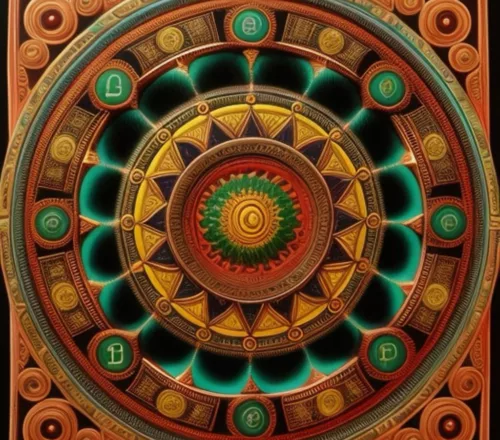Table of Contents
The Legacy of Ancient Sumer
The Legacy of Ancient Sumer – From Decline to Cultural Influence
From Decline to Cultural Influence
The Sumerian civilization was one of the earliest and most advanced civilizations in human history, known for its achievements in writing, architecture, and governance. However, the Sumerian civilization declined around 2000 BCE and was eventually absorbed into other empires and cultures, such as the Babylonians and the Assyrians. In this article, we will explore the decline of the Sumerian civilization and its lasting legacy, including the development of writing, the creation of sophisticated systems of law and governance, and the establishment of a rich cultural tradition.
Decline of the Sumerian Civilization
The decline of the Sumerian civilization is a complex and multifaceted event that is not fully understood. However, historians believe that a combination of factors contributed to the decline, including environmental degradation, resource depletion, and social unrest.
One major factor was the gradual salinization of the soil, which made agriculture less productive and led to food shortages. This, combined with population growth and increasing competition for resources, led to social unrest and political instability.
In addition, the rise of neighboring empires, such as the Babylonians and the Assyrians, posed a threat to the Sumerian civilization. These empires eventually conquered the Sumerian city-states and absorbed them into their own cultures.
Legacy of the Sumerian Civilization
Although the Sumerian civilization declined and eventually disappeared, its legacy lived on in many ways. One of the most significant legacies of the Sumerians was the development of writing, which allowed for the creation of complex administrative systems and the recording of important cultural and historical information.
The Sumerians also created sophisticated systems of law and governance, including the development of codes of law and the establishment of centralized government structures. These systems influenced later civilizations, including the Babylonians and the Assyrians, as well as modern legal and political systems.
The Sumerians also established a rich cultural tradition, including art, literature, and religion. The Sumerian legacy in these areas is evident in the works of later civilizations, such as the Babylonians and the Assyrians, as well as in the modern world. For example, the Epic of Gilgamesh, one of the most famous works of Sumerian literature, continues to be read and studied today.
The Sumerian civilization was one of the earliest and most advanced civilizations in human history. Although the civilization declined around 2000 BCE and was eventually absorbed into other empires and cultures, the Sumerian legacy lived on in many ways. The development of writing, the creation of sophisticated systems of law and governance, and the establishment of a rich cultural tradition continue to influence and inspire modern cultures around the world. The Sumerian civilization may be gone, but its legacy lives on.
Video
What was it like to live in Ancient Sumer?
Shop tips on Amazon
Thank you for reading, shares and comments!
✨ Comment Policy ✨
We welcome thoughtful, kind, and constructive comments that contribute to meaningful conversations.
Please note:
- Promotional links and unsolicited offers will be removed.
- Spam, irrelevant content, or self-promotion without prior permission will not be published.
- We value quality engagement over quantity — thank you for helping us keep this a respectful and inspiring space!
Sources openai Language models, aitrot, picsart and mib
Take time to learn
Invest in your future
Embark on a journey into the realm of affiliate marketing and craft your own website within a vibrant, supportive community. Join me in this adventure, where you can begin as a free starter and stay as long as you desire. Enjoy complimentary hosting and foundational teachings to set you on your path. For those with advanced skills, opportunities to elevate your expertise await. Take a moment to explore and witness the magic for yourself!




